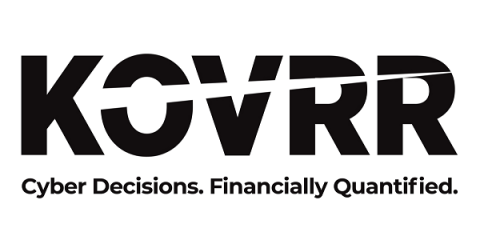Materiality Analysis Offers Risk Managers Data-Driven Loss Thresholds
Determining and disclosing impactful events has been a longstanding practice for organizations operating within the US market. As early as 1933, with the Securities Act, publicly traded businesses were required to disclose “material information” regarding their security environment, allowing shareholders to make more informed investment decisions.


